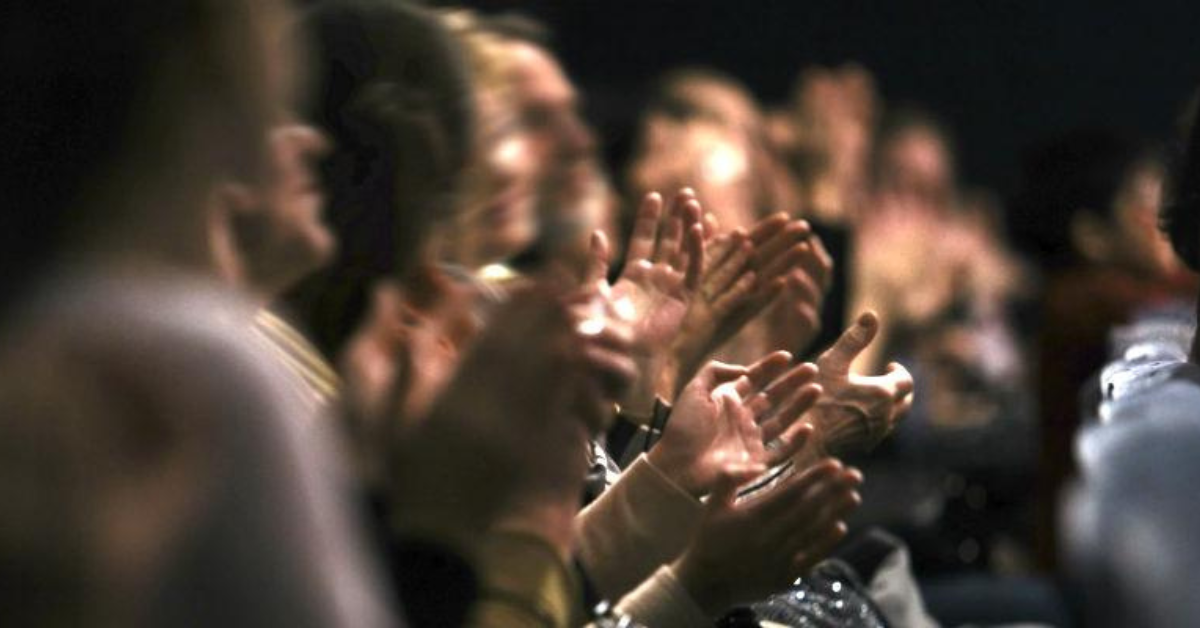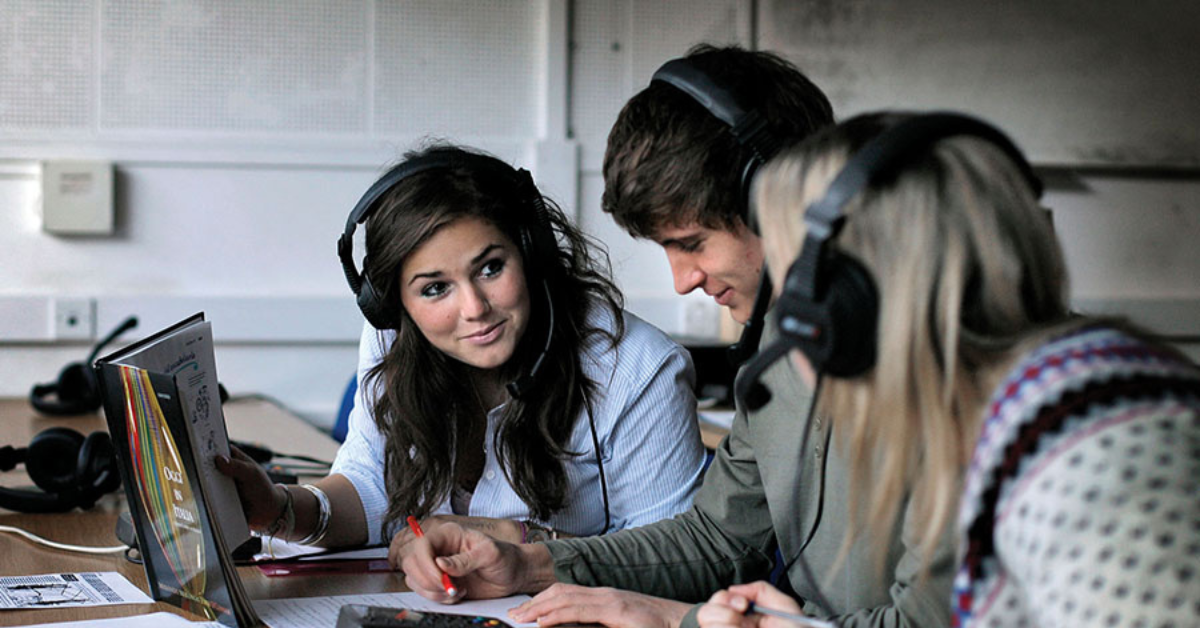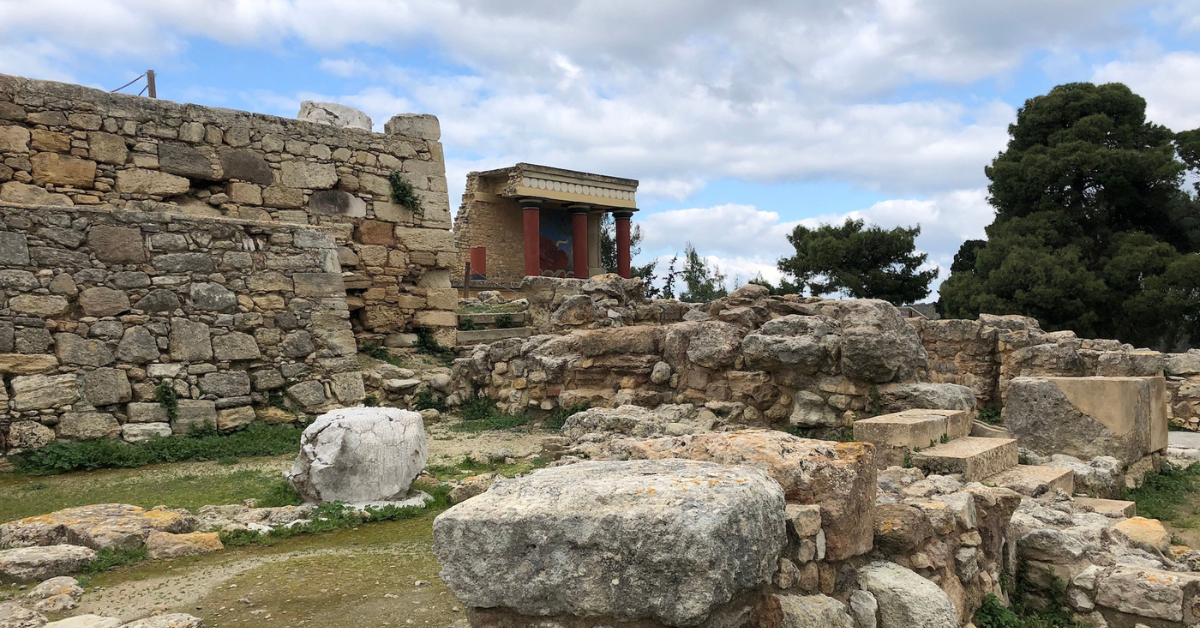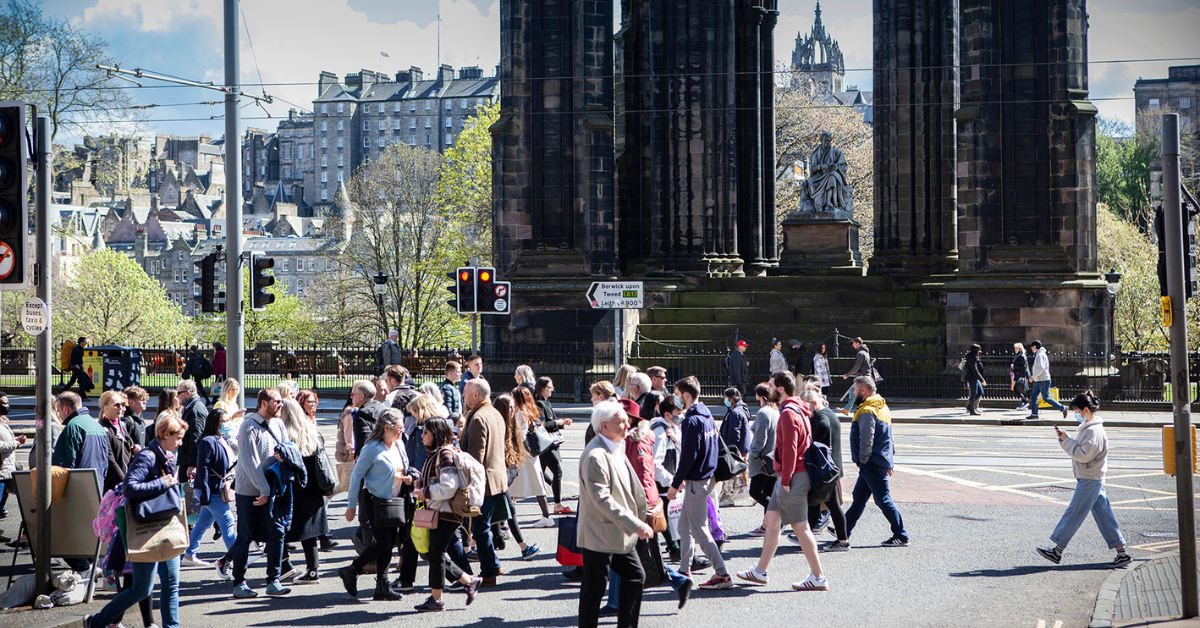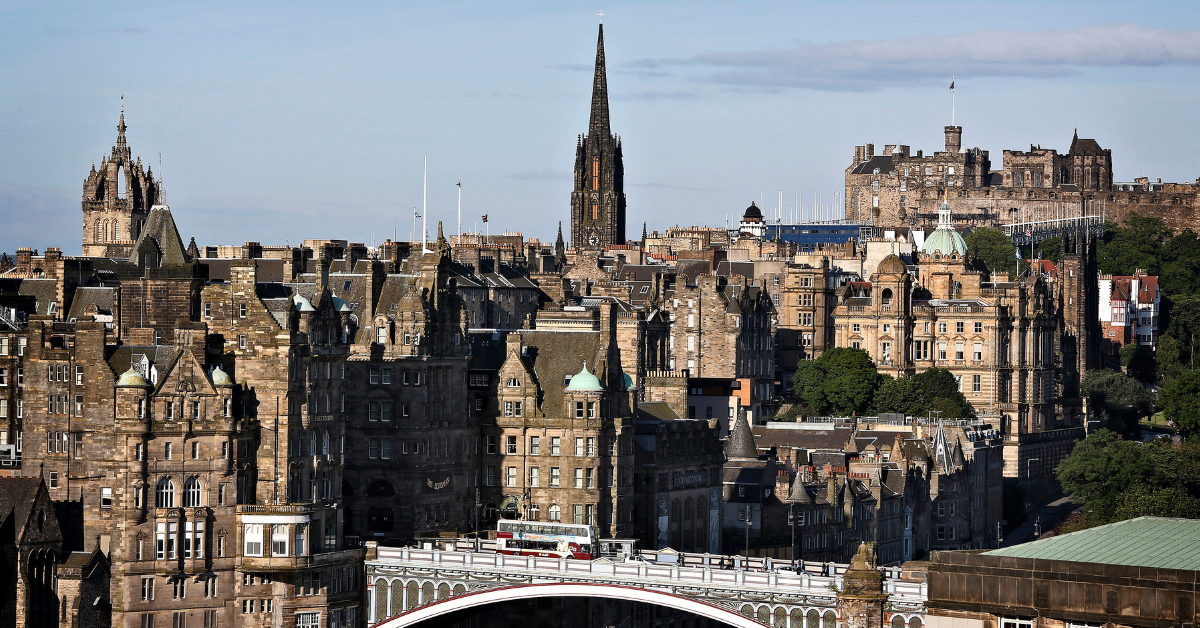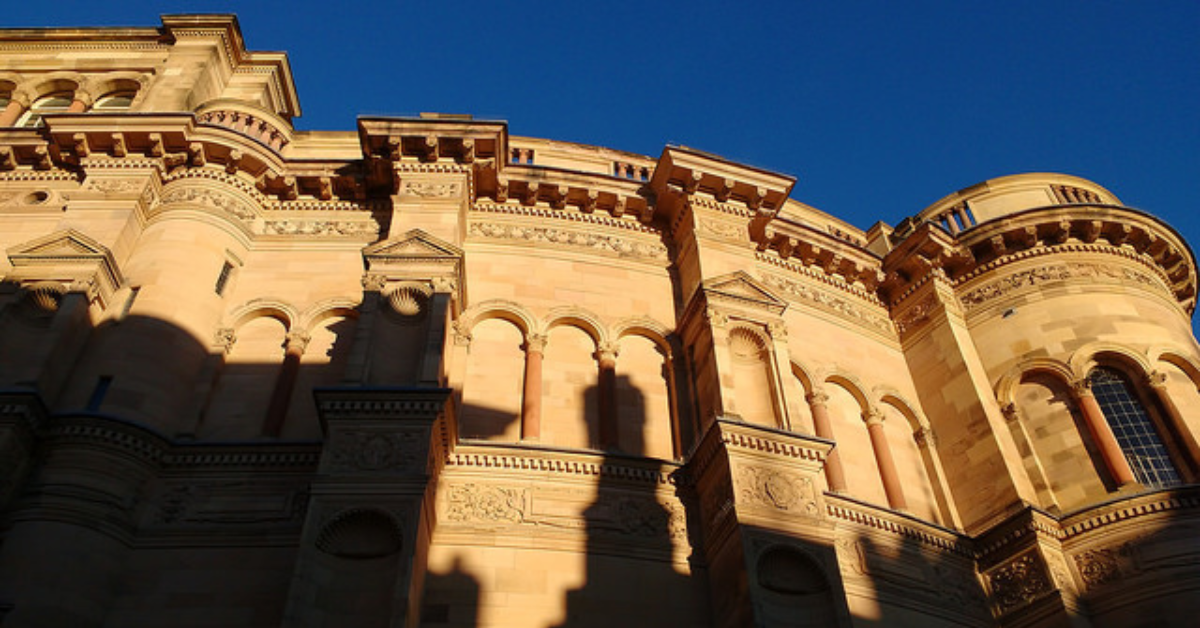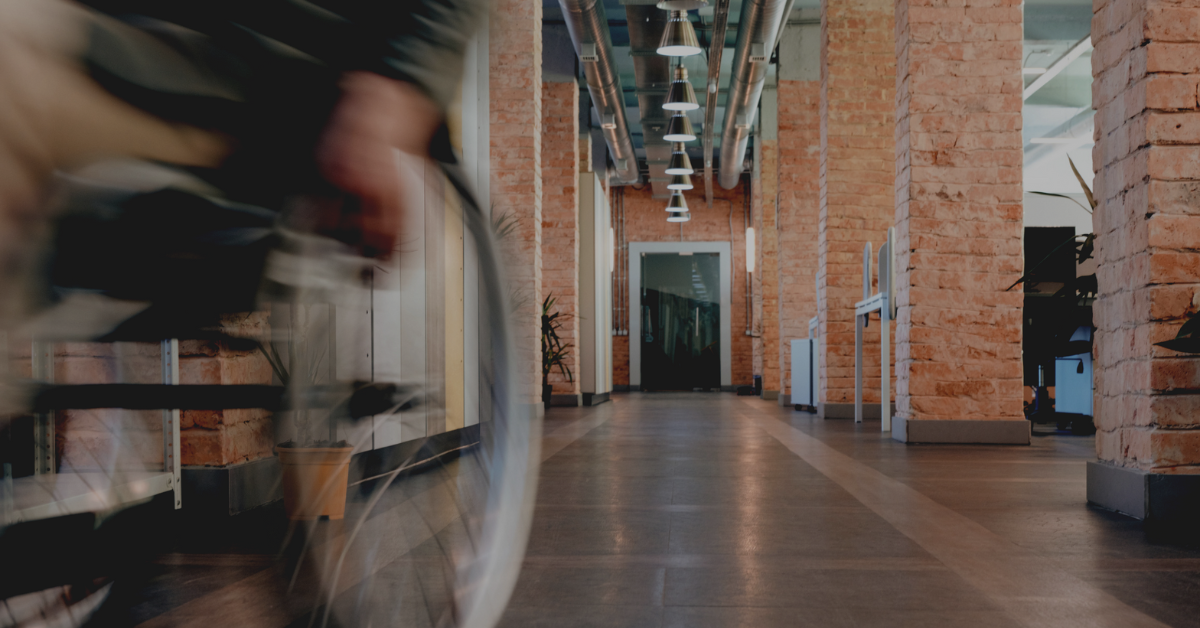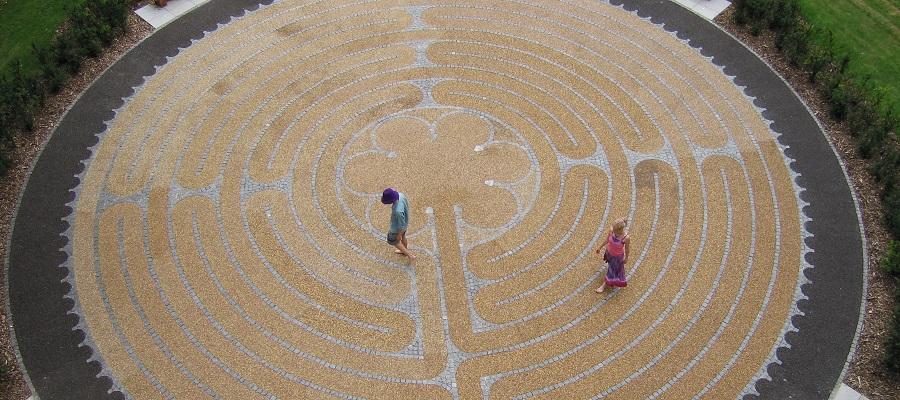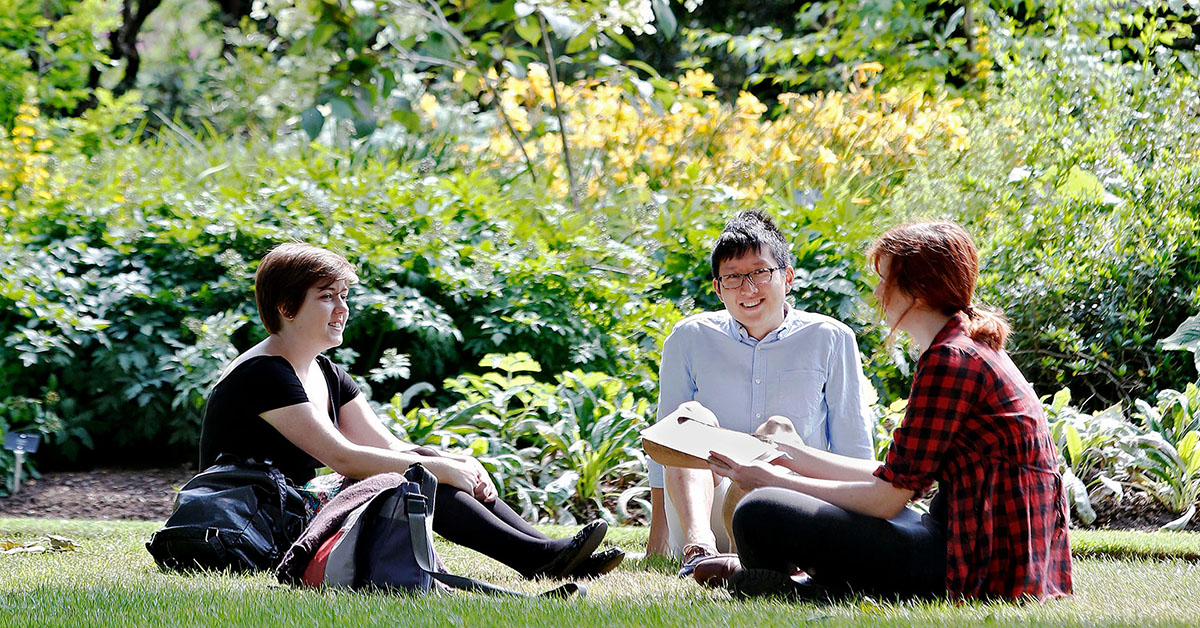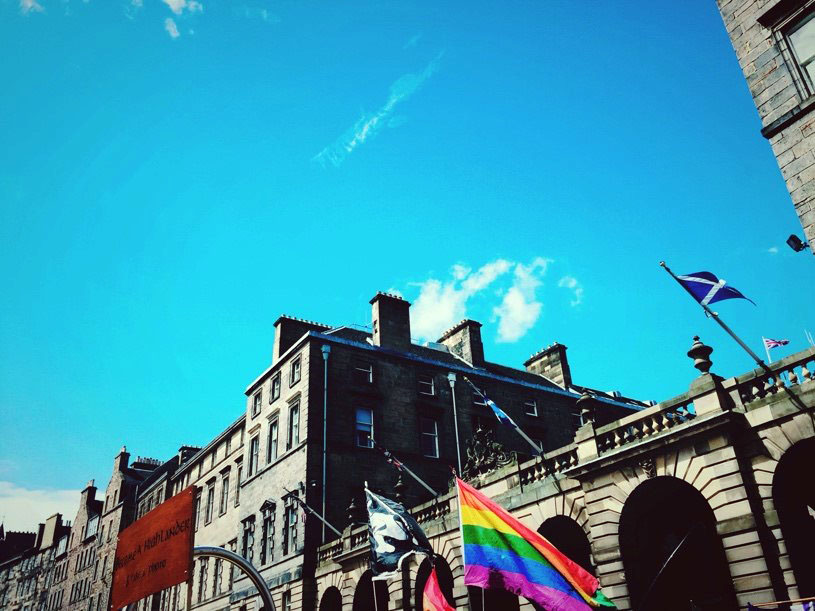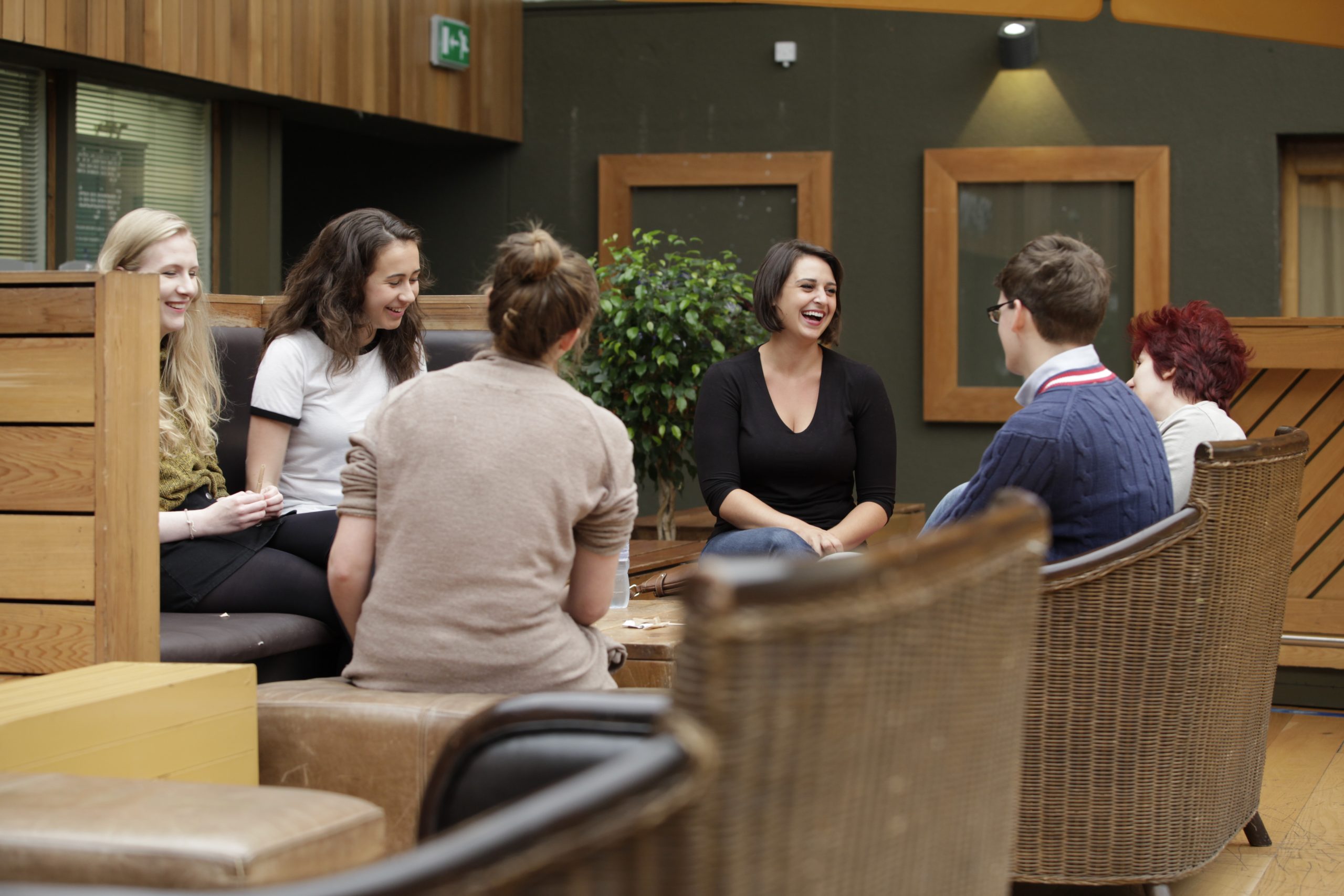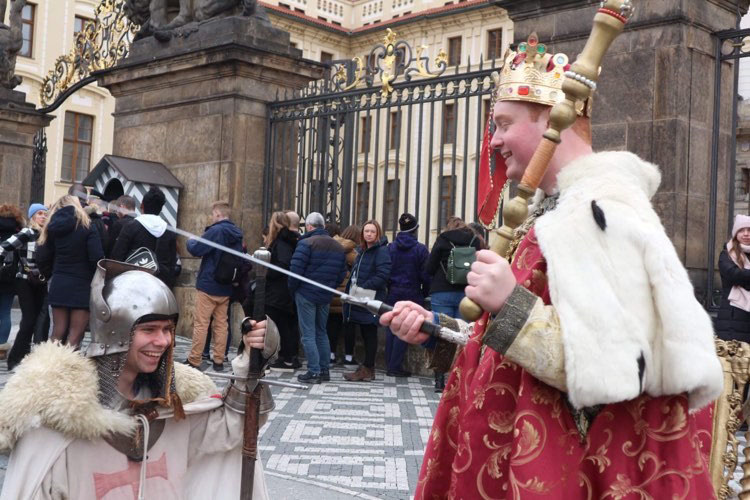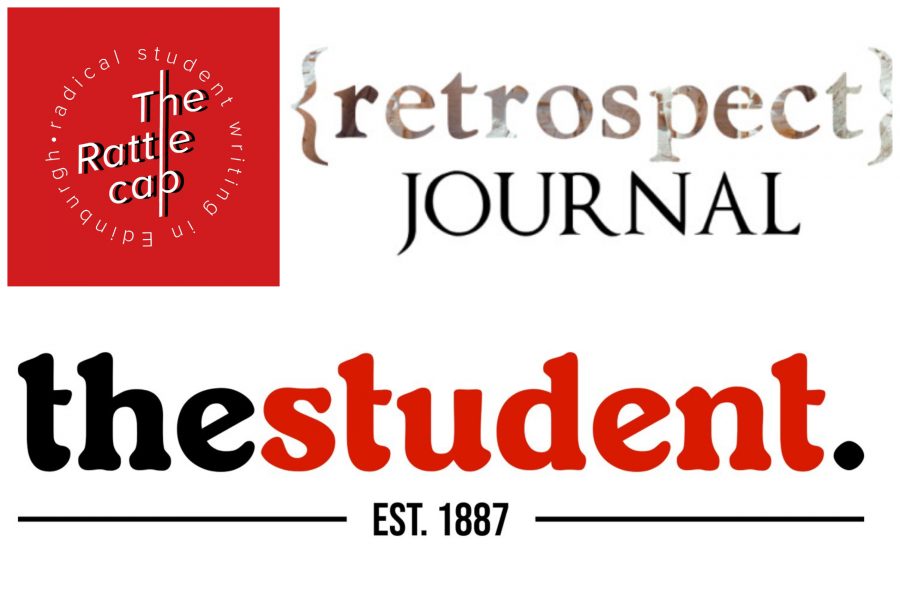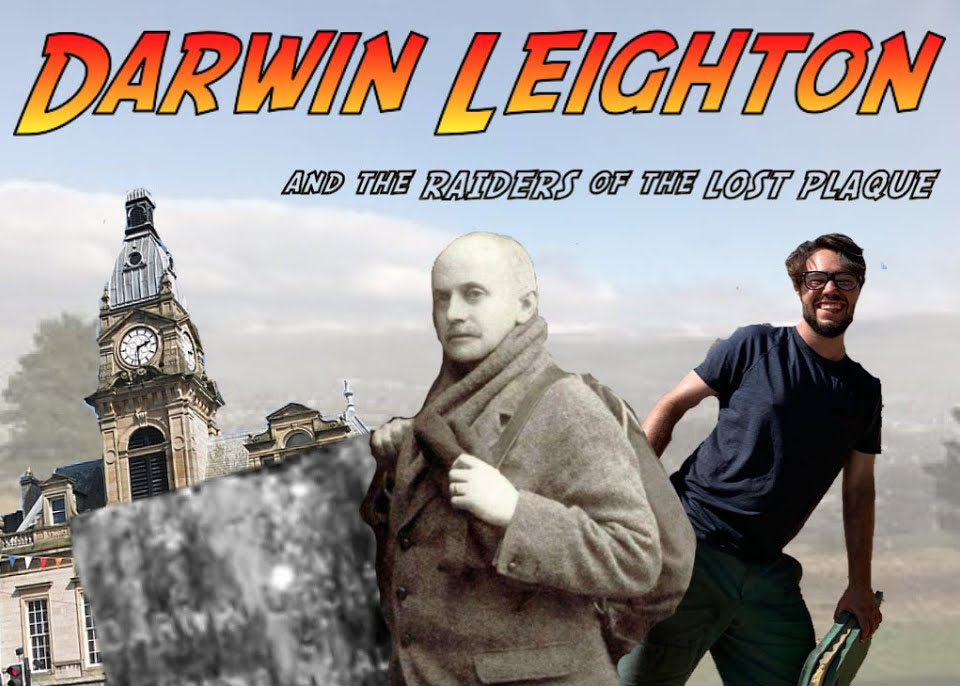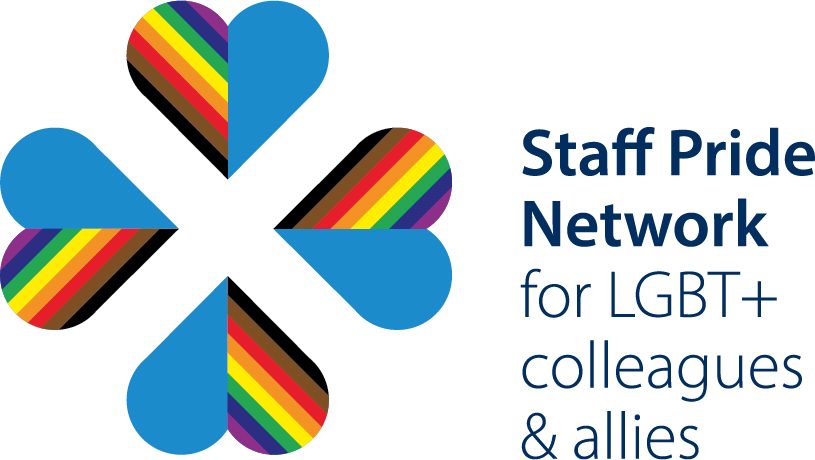Tag: 2021
How a song and dance helped Hanna connect with the University community after studying remotely. I came to the University of Edinburgh in September 2020 so was in the first cohort to experience what it is like to start my studies under Covid conditions. Unlike many of my peers, I was lucky to have comparatively […]
Over 10,000 overseas students matriculated with the University of Edinburgh in the 2021-2022 academic year, but what is like to study here? Georgia-Taygeti – originally from Greece – shares her experience. My favorite class throughout the first two years of my History degree was not an actual history class. Instead, I looked forward the most […]
One of the tried and tested ways of finding your feet at University is by joining a Society. Tristan – 3rd year MA (Hons) Ancient and Medieval History – started with a journal and ended up in Crete. Undoubtedly one of my biggest anxieties about enrolling at the University was whether I would fit in. […]
Moving to another city can be stressful and frustrating but there can also be unexpected benefits, as Hanna (Classical Studies MA Hons) found. When I first came to Edinburgh, everyone assured me that there was an “amazing” public transport system here. However, coming from a big city in Germany with a close-knit system of trams, […]
To say the Covid years were tough is, of course, a gross understatement. But what if you’re a new international student finding your feet in a foreign country? Olivia is a second year History (MA Hons) student, and this is her story. I had never been to Scotland before August of 2020 when I moved […]
Scarlett is a 4th year History and Politics student and she’s going to take you through a typical day in her life to give you a taste of what it might be like to study at the University of Edinburgh! It’s Wednesday, February 2nd… 8.00am – Typically when I wake up and the first […]
In their previous post, Seth gave some advice on what to do before you start university, so this next blog will touch on what to do AFTER you start your studies, and help you get the most out of them. When meeting your Cohort Lead talk about your disability and how it might impact your […]
Starting university is usually cause for anxiety in and of itself. It can be even more so when you have a disability, health condition or learning difference to consider. Student Ambassador Seth offers some advice on what to do before you start your studies which will, hopefully, make the process less stressful for you. Get […]
Fitting in, finding friends, ‘the student experience’. There is no one way to be a student, but 4th year History (MA Hons) student Georgia-Taygeti shares her experience and how volunteering made the difference for her. In my first year I didn’t really feel like I was doing the student thing right. I made my closest […]
Good question. Luckily, Tristan [MA (Hons) Ancient and Medieval History] can help answer that. In the 18th Century Edinburgh designated itself the ‘Athens of the North’, and wandering through the city centre it’s not hard to see why. Okay, after twenty-something years in the Scottish capital I’m admittedly a little biased. But what isn’t to […]
As part of Pride Month, Tristan (Ancient and Medieval History, MA Hons) shares his experience as an LGBTQ+ student at the University of Edinburgh. Navigating your first year at university can feel both intimidating and exciting as you get to grips with higher education, exploring a new city and meeting new people. This experience can […]
Much of university recruitment is aimed at school-leavers, but what if you are older or have been out of education for some time? Tristan – MA (Hons) Ancient and Medieval History – told us his story. In 2018, the University of Edinburgh launched its Access Programme as part of its Widening Participating Initiative. As a […]
The ‘Scottish 4-year degree’ can seem confusing and a waste of a year, but History and Politics (MA Hons) student Jack argues that it’s the ideal way to explore and, finally, focus on what really interests you. There is no doubt about it, starting university can be a bit daunting – a new lifestyle, new […]
Will I find those “friends for life”? Will I be able to balance my studies with a healthy social life? Will there be societies I want to join? Jack – History and Politics (MA Hons) – answers these very questions. Some of the biggest worries that Freshers tend to have about coming to university are […]
Student Ambassador Tess (studying Classics and English Literature, MA Hons) takes a deep dive into how to approach writing essays. I think writing essays and academic papers are probably one of the more daunting tasks you’ll have to take on as a university student. I’ve spent the last three years trying to figure out a […]
Former History (MA Hons) student and now MSc History student, Ruby, takes a look at student journalism and creative writing opportunities at the University of Edinburgh. Undertaking a degree in the School of History, Classics, and Archaeology means you won’t be short of chances to hone your writing skills. Whether they take the form of […]
When History and Archaeology student Tom’s outreach project fell foul of Covid, he looked closer to home for inspiration and Footnotes was born. One day in December I was trawling through reports written by the commercial archaeology firm Oxford Archaeology North about the archaeology that they had found in my local area. Commercial archaeologists survey […]
Leaving home to go to University is daunting enough, but what’s it like if you’re travelling across the world to do it? Scarlett is from the US so she can tell you. At times as an international student, it can be difficult to be so far away from home. But trust me when I say […]
The University of Edinburgh Staff Pride Network supports LGBT+ colleagues and allies, one of whom is HCA staff member Emma. We asked her about her role as Ally Representative. Hi there! I’m Emma, the School of History, Classics and Archaeology’s Modern Apprentice who has recently been appointed as Ally Representative in the University of Edinburgh […]


